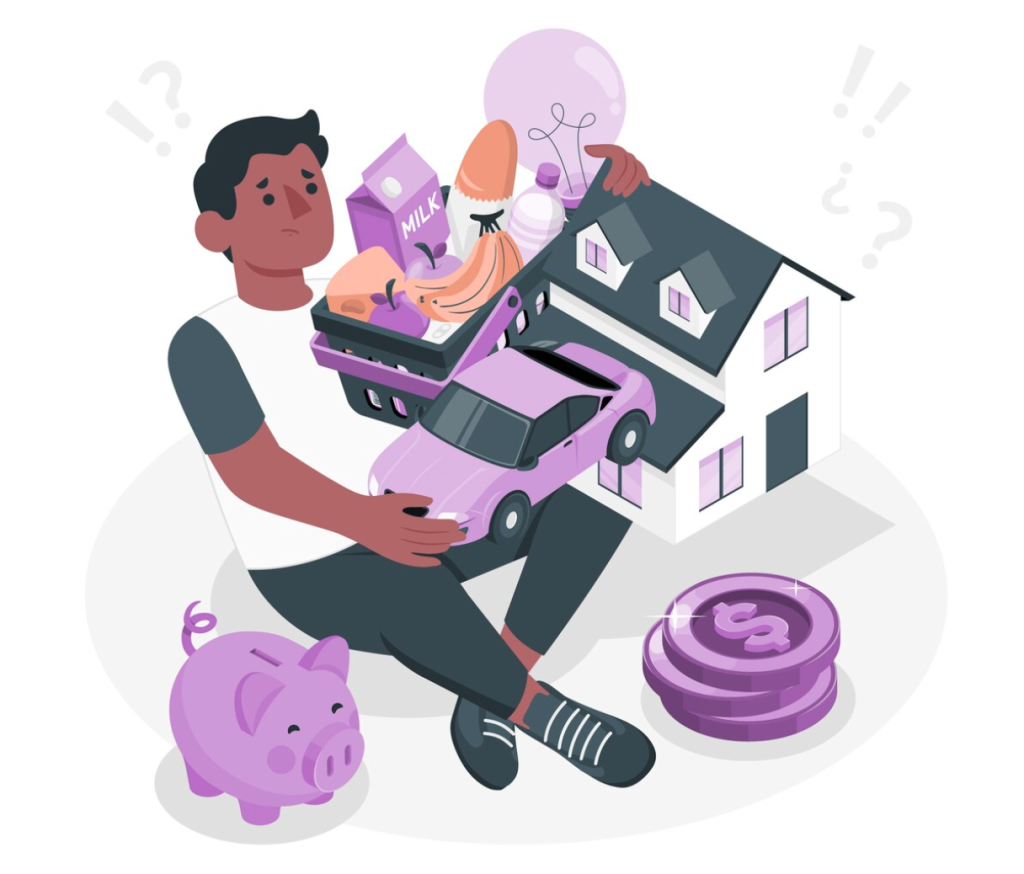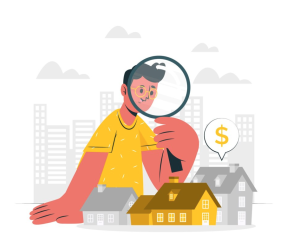The cost of living in the United Kingdom continues to rise, presenting a significant challenge for individuals and families across the nation. For those with bad credit, managing day-to-day expenses and planning for the future can be even more daunting. In this article, we will explore the impact of bad credit on the cost of living in the UK and provide strategies for achieving financial resilience in the face of these challenges.
The Cost of Living in the UK
The cost of living encompasses various essential expenses, including housing, utilities, transportation, groceries, and healthcare. Rising prices in these areas can strain household budgets and make it increasingly difficult to make ends meet.
Impact of Bad Credit on the Cost of Living
- Higher Interest Rates: Individuals with bad credit may face higher interest rates on loans and credit cards. This means that borrowing money to cover essential expenses can become more expensive over time.
- Limited Access to Credit: Bad credit can restrict access to credit options, making it harder to secure loans or lines of credit in times of need.
- Difficulty Renting Housing: Landlords often check credit histories when considering rental applications. A bad credit score may limit housing options or result in higher security deposits.
- Insurance Premiums: Auto and home insurance premiums can be more expensive for those with bad credit, adding to the overall cost of living.
Strategies for Financial Resilience with Bad Credit
- Budgeting and Expense Tracking:
- Develop a detailed budget that outlines your income and expenses. Tracking your spending can help identify areas where you can cut costs.
- Emergency Fund:
- Establishing an emergency fund, even with small contributions, can provide a financial cushion for unexpected expenses.
- Credit Repair:
- Work on improving your credit score by paying bills on time, reducing outstanding debt, and disputing any inaccuracies on your credit report.
- Alternative Financial Products:
- Explore financial products designed for individuals with bad credit, such as secured credit cards or credit-builder loans.
- Seek Financial Counseling:
- Consider seeking advice from a financial counselor or advisor who can provide guidance on debt management and financial planning.
- Debt Consolidation:
- Explore options for consolidating high-interest debts into a single, more manageable payment.
- Rent Negotiation:
- If renting, consider negotiating rent with your landlord to help reduce housing costs.
- Shop Smart:
- Look for discounts, use coupons, and compare prices to make the most of your budget when shopping for essentials.
- Increase Income:
- Explore opportunities for additional income, such as part-time work, freelancing, or a side business.
Conclusion
Navigating the cost of living in the UK with bad credit requires careful planning, disciplined financial management, and a commitment to improving your credit score over time. While the challenges are real, they can be overcome with persistence and the right strategies in place. By following a budget, building an emergency fund, seeking financial advice, and exploring alternative financial products, individuals with bad credit can achieve financial resilience and work towards a more secure and stable financial future. Remember that small steps taken today can lead to significant improvements in your financial well-being in the long run.






